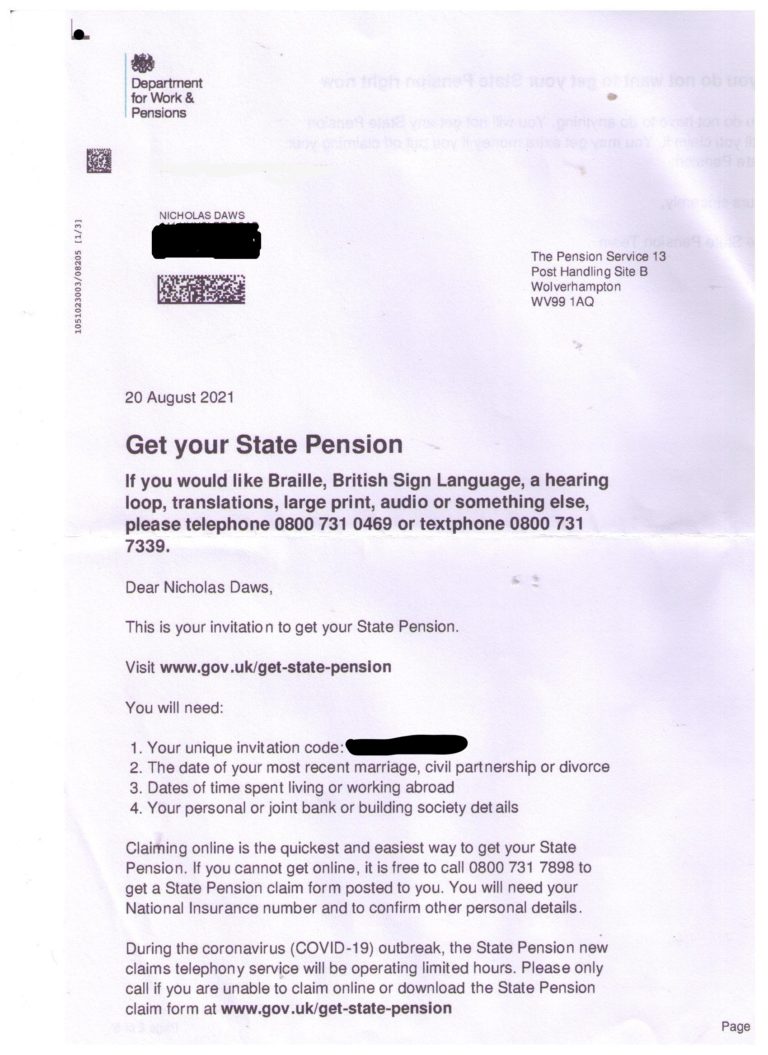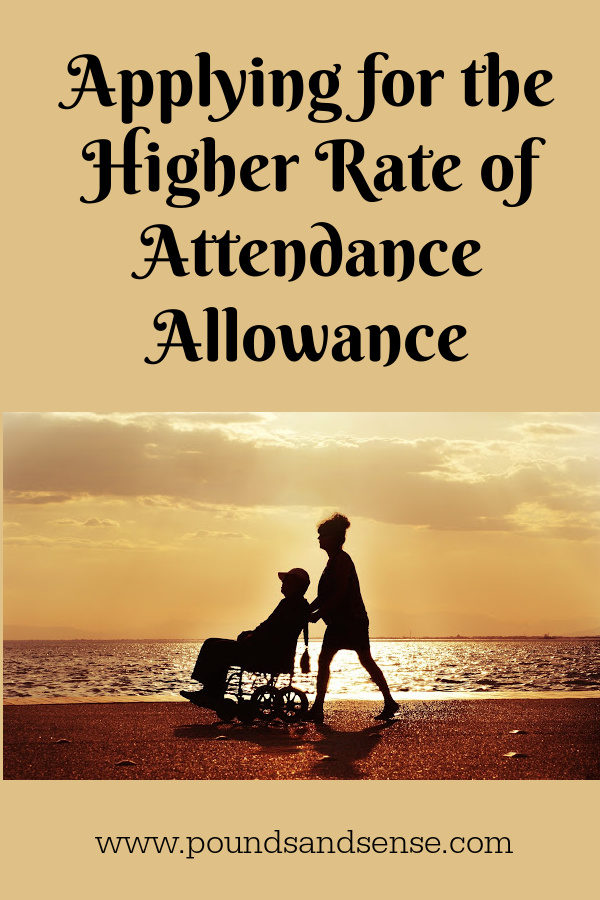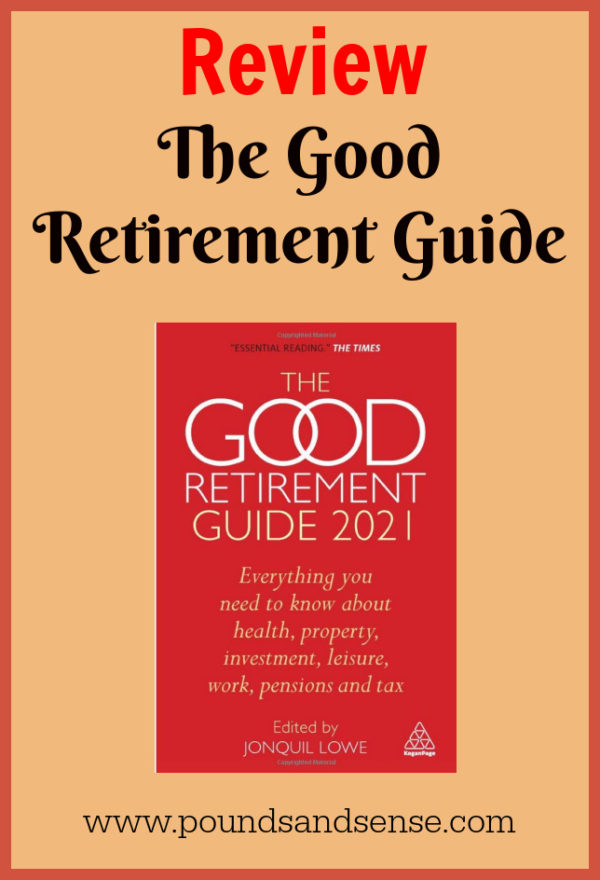Will You Get the Warm Home Discount?
Today I am looking at the Warm Home Discount scheme. The 2023/24 version of this has just launched.
The WHD scheme provides people on low incomes and/or certain means-tested benefits with a discount of £150 on their electricity bill. This is a one-off payment that will be credited to your electricity account by March 2024. It won’t be paid to you in cash.
If you have a pre-payment electricity meter you can still get WHD. You may be given a voucher you can use to top up your payments. Your electricity supplier will tell you exactly how and when you will receive this.
You may be able to get the discount on your gas bill instead if your supplier provides you with both gas and electricity. You will need to ask your supplier about this.
To get the £150 discount, you need to have been with the supplier on 13 August 2023, have your name on the bill and either receive a qualifying means-tested benefit or (in Scotland) qualify under your supplier’s low-income criteria (see below).
If you live in England or Wales, you will qualify if you either:
- get the Guarantee Credit element of Pension Credit
- are on a low income and have high energy costs
You can check online if you’re eligible for the discount.
If you live in Scotland you will qualify if you either:
- get the Guarantee Credit element of Pension Credit
- are on a low income and meet your energy supplier’s criteria for the scheme
The Warm Home Discount scheme is not available in Northern Ireland. You can find out here about the NI Affordable Warmth scheme.
An important thing to note is that only pensioners who receive the Guarantee element of Pension Credit will qualify automatically for the Warm Home Discount. These people are known as ‘Core Group 1’ in England and Wales and the ‘Core Group’ in Scotland. If you’re in this group you should receive a letter between October 2023 and early January 2024 telling you when and how the discount will be paid. If you don’t get a letter and think you are eligible for the core group, you should contact the Warm Home Discount helpline on 0800 030 9322.
You should also still qualify for WHD if you live in England or Wales and:
- your energy supplier is part of the scheme (see below)
- you get certain means-tested benefits or tax credits
- your property has a high energy cost score (see below)
- your name (or your partner’s) is on the bill
This is known as being in ‘Core Group 2’. The qualifying means-tested benefits are:
- Housing Benefit
- income-related Employment and Support Allowance (ESA)
- income-based Jobseeker’s Allowance (JSA)
- Income Support
- the ‘Savings Credit’ part of Pension Credit
- Universal Credit
You could also qualify if your household income falls below a certain threshold and you get either:
- Child Tax Credit
- Working Tax Credit
Check if you’re eligible for the discount online.
Again, you should receive a letter between October 2023 and early January 2024 telling you about the discount if you’re eligible. In most cases you are no longer required to apply for it.
Most eligible households will receive an automatic discount. Your letter will say if you need to call a helpline by 29 February 2024 to confirm your details.
If you’re eligible, your electricity supplier will apply the discount to your bill by 31 March 2024.
If you live in Scotland and don’t get the Guarantee Element of Pension Credit, you may qualify to receive WHD if:
- your energy supplier is part of the scheme
- you (or your partner) get certain means-tested benefits or tax credits
- your name (or your partner’s) is on the bill
Your supplier may have additional criteria so you will need to check with them if you’re eligible. This is known as being in the ‘broader group’. To get the discount you’ll need to stay with your supplier until it’s paid.
What Is the Energy Cost Score?
As mentioned above, if you are not in Core Group 1 in England and Wales, to qualify for WHD your property must also have a high energy cost score. This is based on the characteristics of your property and applies to where you were living on the qualifying date of 13 August 2023.
The Government models the energy cost score of your property based on official data about its characteristics. These include the property type, age, and floor area. The Government uses data from the Valuation Office Agency (VOA) to model your property’s energy cost score. They may also use your property’s Energy Performance Certificate (EPC), assuming it has one. Other sources and statistical methods may also be used for the small proportion of households where data is not otherwise available.
Each year the Government will decide what constitutes a high energy cost score. It’s not straightforward for an individual to determine whether they will be eligible under this criterion. If you fill in the online eligibility checker, however, it should indicate whether or not you are likely to qualify (when I tried this for some elderly friends, it said they would ‘probably’ qualify and should wait to receive a letter).
Which Suppliers Offer Warm Home Discount?
All the large energy suppliers offer WHD and some of the lesser-known ones as well. Below is a list of suppliers copied from the government webpage devoted to Warm Home Discount. You can check your eligibility on the supplier’s website or phone them up and ask.
-
- 100Green (formerly Green Energy UK or GEUK)
- Affect Energy – see Octopus Energy
- Boost
- British Gas
- Bulb Energy – see Octopus Energy
- Co-op Energy – see Octopus Energy
- E – also known as E (Gas and Electricity)
- Ecotricity
- E.ON Next
- EDF
- Good Energy
- London Power
- Octopus Energy
- Outfox the Market
- OVO
- Rebel Energy
- Sainsbury’s Energy
- Scottish Gas – see British Gas
- ScottishPower
- Shell Energy Retail
- So Energy
- Tomato Energy
- TruEnergy
- Utilita
- Utility Warehouse
The government say that if the electricity supplier you were with stops trading, you may still be eligible for the Warm Home Discount. Ofgem will appoint your new supplier for you, and you should check with the new supplier to find out if you’re eligible for the discount.
- If you are in the market for a new energy supplier, you may like to know that if you switch to EDF you can get £50 credited to your account by clicking on my EDF referral link. I am an EDF customer myself and will also get £50 credited to my account if you do this and switch to EDF. This will not affect in any way the service you receive or the rate you are charged.
Other Winter Fuel Benefits
Two other benefits are also available to qualifying individuals.
1. Most people born before 25th September 1957 are eligible for a Winter Fuel Payment. This is worth between £250 and £600 per person. This year an extra pensioner cost-of-living payment has been added. This money will be paid automatically in November or December to everyone born before the qualifying date and isn’t means-tested. If you received this last year, you don’t need to reapply
2. In the event of a prolonged cold spell, most people receiving Pension Credit will receive Cold Weather Payments. People on Income Support, Jobseeker’s Allowance, Employment and Support Allowance (ESA) and Universal Credit may also qualify depending on their circumstances, e.g. if they have a disability and/or a disabled child living with them. You will get this payment if the average temperature in your area is recorded as, or forecast to be, zero degrees Celsius or below for seven consecutive days. You get £25 for each seven-day period of very cold weather between 1 November and 31 March. Note that people in Scotland don’t get Cold Weather Payments but might get an annual £50 Winter Heating Payment instead. This is paid regardless of weather conditions in your area.
As always, if you have any comments or questions about this post, please do leave them below.
This is the 2023 update of an annual post.











